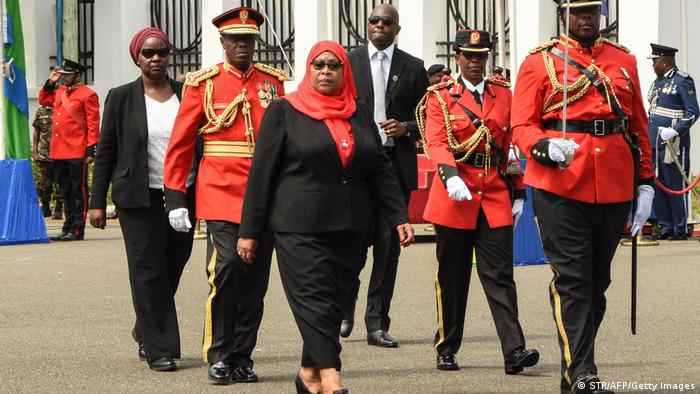With the wide spread adoption of cryptocurrency by corporate entities and governments, the Central Bank of Tanzania is preparing to adopt it as a digi
With the wide spread adoption of cryptocurrency by corporate entities and governments, the Central Bank of Tanzania is preparing to adopt it as a digital currency.
The President of Tanzania, Samia Suluhu-Hassan, charged the country’s central bank to begin making preparations for the adoption of cryptocurrency.
“I know that many countries around the world have not accepted or started using digital currencies. However, I call upon the Bank of Tanzania to start looking into these developments just to be prepared,” Suhulu-Hassan said.
Suluhu-Hassan noted that while Africans have been trading crypto assets for P2P transactions, nations are yet to fully adopt it.
“We don’t want to be caught unawares or find out later that our citizens are ahead of us and have already started using cryptocurrencies,” she said.
The announcement saw bitcoin gain nearly 10 per cent, almost hitting $40,000 for a token on Monday morning, fueled by a tweet from Elon Musk saying Tesla would resume its use of the cryptocurrency once it had proved its green credentials.
Tanzania is the latest country to show government backing for digital assets and cryptocurrency, barely a week after El Salvador recognised bitcoin as legal tender.
Remittances sent to El Salvador from citizens living abroad make up around 20 per cent of the country’s gross domestic product.
This is not the case in Nigeria as the federal government in February, placed a ban on trading cryptocurrencies.
The Central Bank had directed banks and other financial institutions to close down customer accounts related to the trading of digital assets, despite Nigeria being the world’s second-largest Bitcoin trading market.
